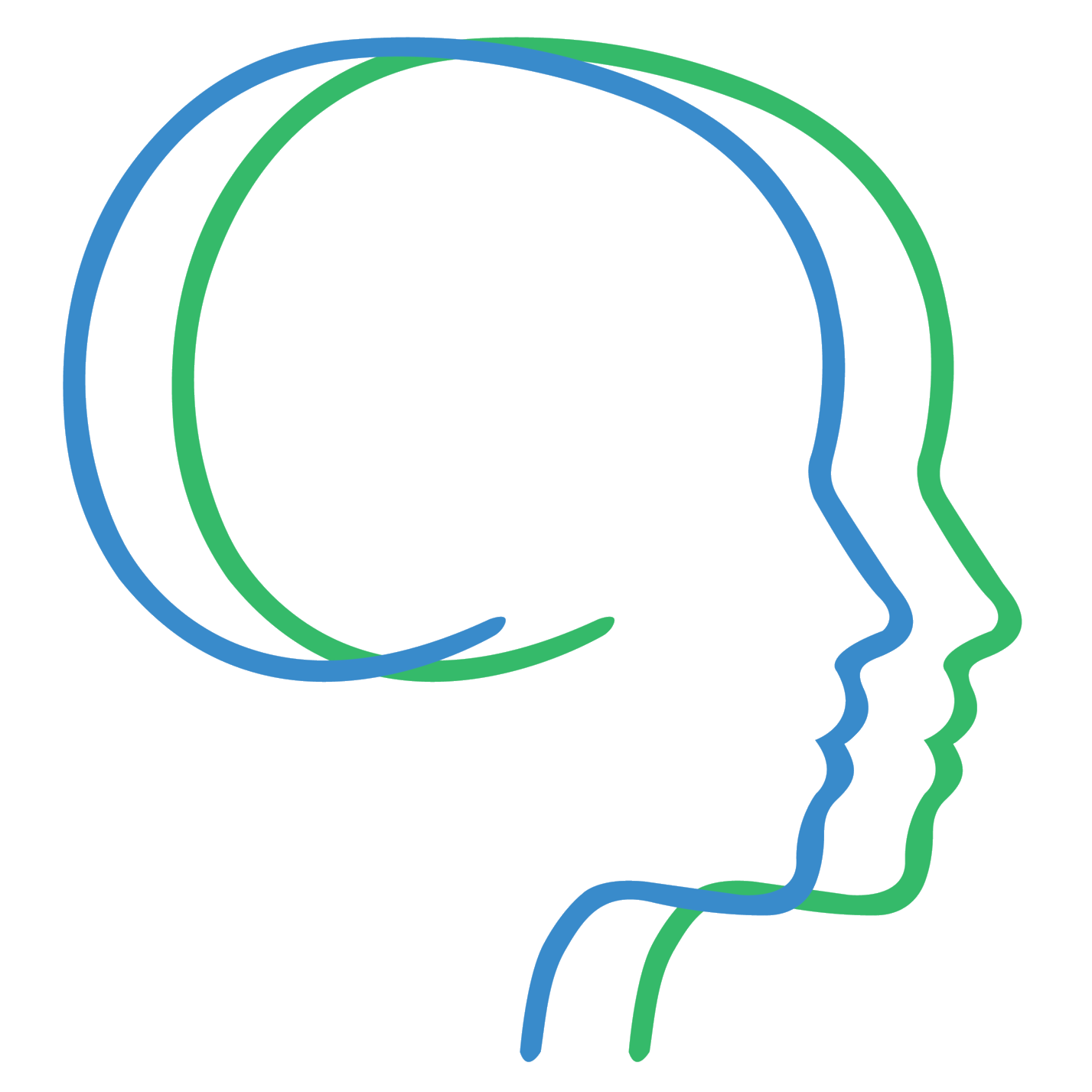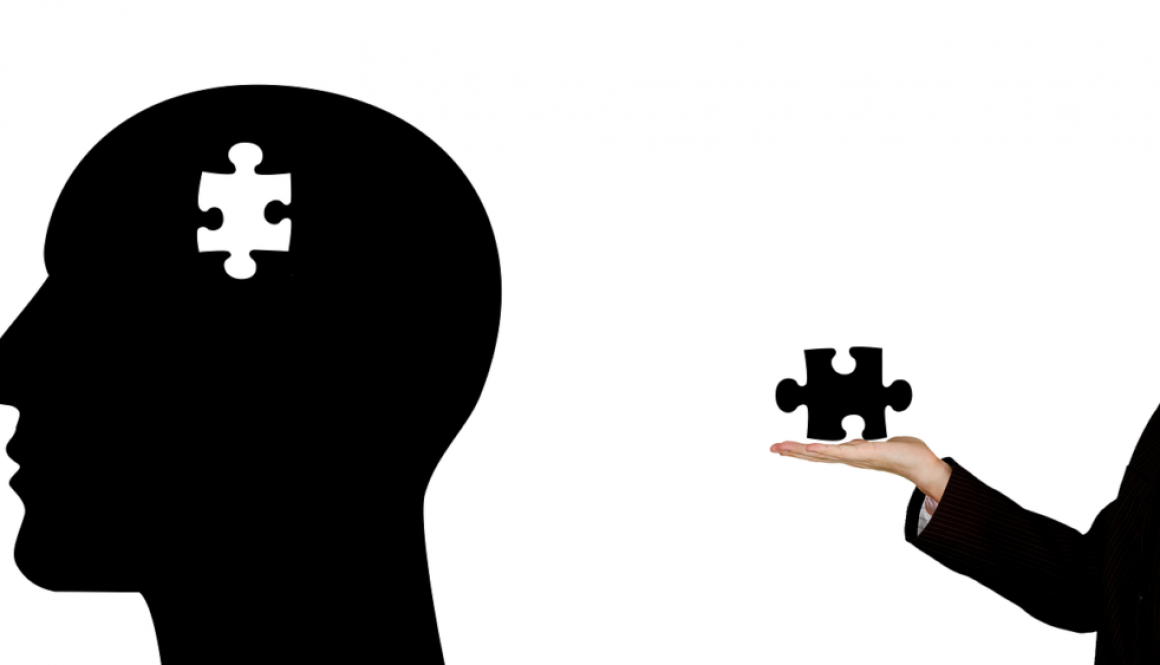Treatment or Acceptance?
For the last fifteen years, I have had the privilege of studying human behavior and the mind. I have always been a curious person, and much of that curiosity was related to how people think, what they believe, and what makes people so different and so alike at the same time. I’m fascinated by how our experiences shape our thoughts and behaviors, and by our ability to shape our future when we are liberated from the false belief that we are mere victims of circumstances beyond our control. We have all heard stories of individuals who “beat the odds” by determining to reach a goal that others deemed impossible. Those stories reveal that this little three and a half pound supercomputer inside our heads is as marvelous and mysterious as the origin of the universe itself, perhaps because both came from the same maker. When truth heals our “victim-itis” we begin an amazing, though sometimes painful, journey towards peace. That’s where therapy comes in. Helping people regain control over their thoughts and emotions, while increasing insight is truly an inspirational endeavor.

One of the therapeutic approaches that has become well known for its effectiveness in producing change is Cognitive-Behavioral Therapy. It is a form of therapy that considers the person’s thoughts, emotions, and behaviors as interconnected. You can’t expect to change for the better if your thoughts are either irrational, that is, maintained despite evidence to the contrary or insufficient evidence, or if you are giving your emotions more credit than they deserve. Helping people come to grips with reality by thinking, believing, and living the truth is foundational to effective therapies; yet many today are insisting on the delusion of the absolute relativity of truth. No matter how one tries to reinvent the therapeutic wheel, once its foundation is undermined, all you can hope for is a temporary relief. Cognitive-Behavioral Therapy encourages people to learn from their mistakes. The word “mistake” already implies some degree of choice. Take a quick look at the dictionary and you will notice that the word “mistake” is associated with words like “error,” “wrong,” or “faulty.” This already creates a problem for the postmodern mind; after all, if we were mere victims dancing to our own DNA, as atheist and science popularizer Richard Dawkins insists, our mistakes would not be mistakes; they would be destiny.

The subtle removal of the “choice” factor actually imprisons people’s minds rather than liberate them. Instead of encouraging responsibility, accountability, and change, it creates a false comfort that generates a careless attitude; “after all, I was born this way.” Accepting the things we cannot change is one thing, becoming victims of them is another. We must never confuse the two.

